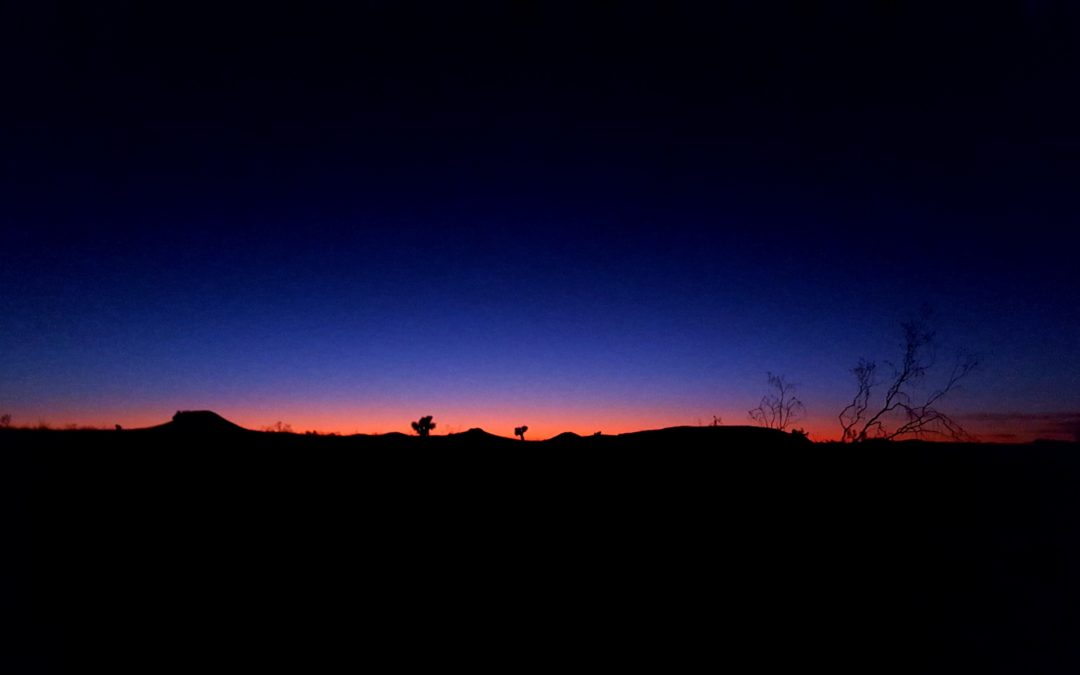As a personal historian for more than eighteen years, I helped people remember their pasts. Sometimes their pasts held painful memories that my subjects did not wish to share. I respected their wishes, thinking about my own past and some of the pain therein.
Other subjects felt the need to tell all of their stories. Talking about their pasts was cathartic; it helped ease their pain. Those who shared these tales hoped that future generations would learn from them.
Recently I read the book Strength in What Remains by Tracy Kidder. It is a biography and a memoir of a young man named Deogratias, who was a medical student in Burundi when the genocide between the Hutus and Tutsis erupted in 1993. He fled the genocide in Burundi by running to Rwanda, where he experienced even more mass slaughter. Deo survived when hundreds of thousands were killed. He literally ran, hid, blended in with the fleeing refugees, and eventually found his way back to Burundi, where a friend paid for his ticket to the United States.
Many years later, Deo returned to Burundi with Kidder to show him the places he lived, attended medical school, ran, hid, and ultimately survived. When they visited his family’s old home and the memorial sites in the cities where he had lived, Deo would not say the names of those who died.
Kidder asked Deo about this, and the younger man explained, “. . . people don’t talk about people who died. By their names, anyways. They call it gusimbura. If for example you say, ‘Oh, your granddad,’ and you say his name to people, they say you gusimbura them. It’s a bad word. You are reminding people. . .”
Kidder asked if saying the names of the dead reminded them of something bad.
Deo responded, “Yes, It’s so hard to understand, because in the Western world. . .”
“People try to remember?” Kidder asked
“Here in Burundi, they try to forget.”
After reading Deo’s heart-rending story, I wondered whether it is best to remember or forget. Sometimes the horror is so overwhelming, that we need to put it behind us. At other times, remembering helps us heal.
I possess a remarkable memory, and I consider it a blessing and a curse. Ultimately I believe that remembering has helped me make sense of my life through my stories. If these tales help others, I feel richly rewarded for having shared them.

